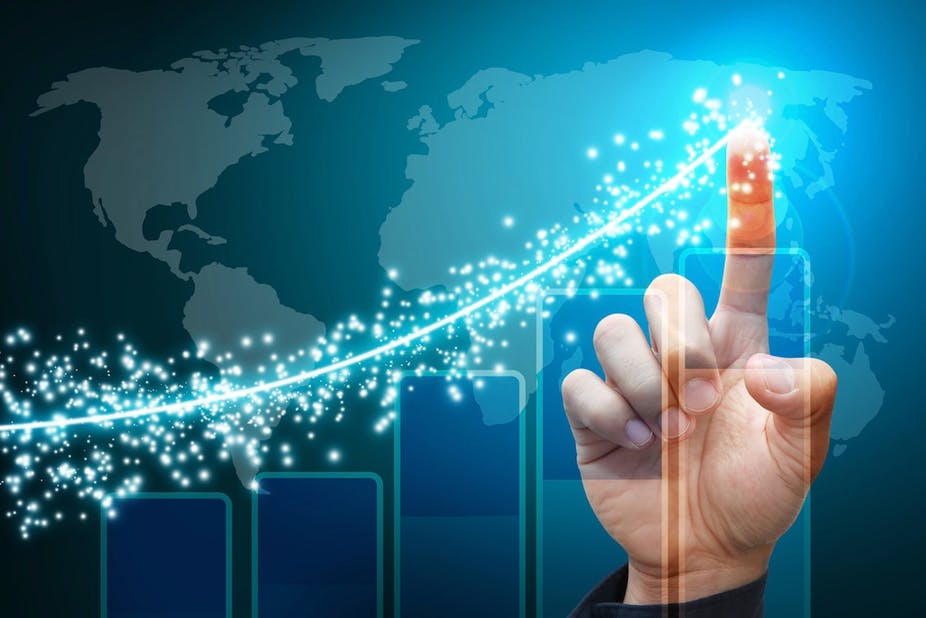
What is an economy? An economy is a place of exchange, production, distribution, and exchange of goods and services, by various independent agents. In its broadest sense, it is defined as ‘a social community in which the production and distribution of resources are geared to meet the needs and desires of individuals and groups’. It is a system in which interaction and the resulting exchanges of goods, services, and resources take place under the constraint of supply and demand. It is a system that is characterized by the following fundamental characteristics:
The Economy is a Market Economy is a system in which goods and services are produced, purchased, traded, and exchanged in competitive markets. In a market economy, there is a marked absence of a central authority or mechanism to control and regulate the activity of economic agents. Economic activity is guided by the process of supply and demand, rather than by the force of any laws. The process of creating abundance and controlling scarcity, then, controls the level of activity and prices. Central planning and the rule of law are regarded as aspects of a market economy.
The primary purpose of economies is to provide the means for individuals and groups to meet their needs and wants by producing and exchanging productive units of knowledge and resources. Economists disagree about the nature of economies, with some rejecting the view that they are pure markets, with no influences from politics, culture, or ethiology. Many contemporary economic models conceive of economies as complex systems, with multiple interacting agents and processes operating simultaneously to generate and spread the value of goods and services, generating differences in both output and income and driving the process of accumulation and specialization.
